
One of the first steps in solving any garden problem is identifying what it is. Some use Facebook groups – such as PlantIdent101 or What’s Wrong with My Plant? Others will want to do their own research using reliable databases and online searches.
Integrated Pest Management (more about that below) is the absolute best way to deal with any garden problem, so here are the basic three steps to tackling an issue in your garden:
- Research, using databases such as those below, to help identify your problem. Or maybe Ask a Master Gardener for advice
- Read about the five practices of IPM that will help you avoid the environmentally-destructive short-term fix of using chemicals.
- Plan your attack and work at it until you succeed.
It all starts with Weed Pest and Disease databases for Identification
What bug is that? Why are my vegetables not thriving? Are these leaves diseased? All these questions and more can often be answered by searching reputable weed pest and disease databases. We suggest you try one of these reputable ones:
Insects
- Bug Guide – Identification, Images, & Information for Insects, Spiders, etc for the US & Canada
- Common Insects in Vegetables in Ontario – “Cropportunities”
- OMAFRA Weeds and Insects
Diseases
- Ontario Crop Diseases – OMAFRA
- Professional Lawn Care Association – Turf Diseases
- Ugly Leaf Diseases in Vegetables – Master Gardeners – great charts to help with problems of onions, cucumbers, melons, and tomatoes.
Weeds
Integrated Pest Management Resources
Start with our overview to understand the basics –Gardening with Fewer Chemicals – Introduction to IPM
- Ontario Crop Integrated Pest and Weed Management
- Cornell University – Pests and Integrated Pest Management
Related Information
Conservation and Environmental Resources – “get your Green on”
Plant Choices – Find images, growing conditions, and native selections
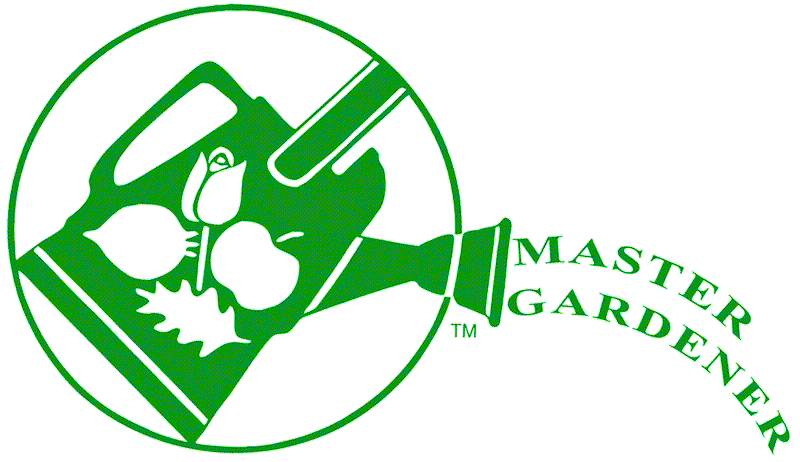
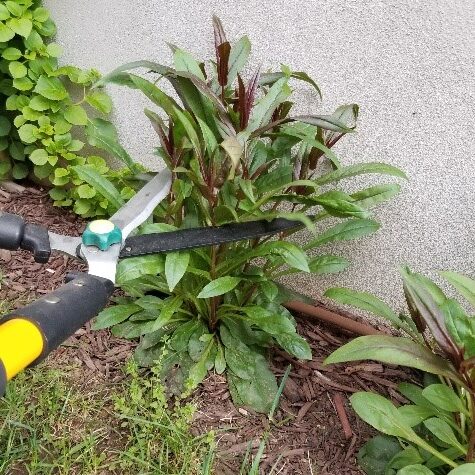
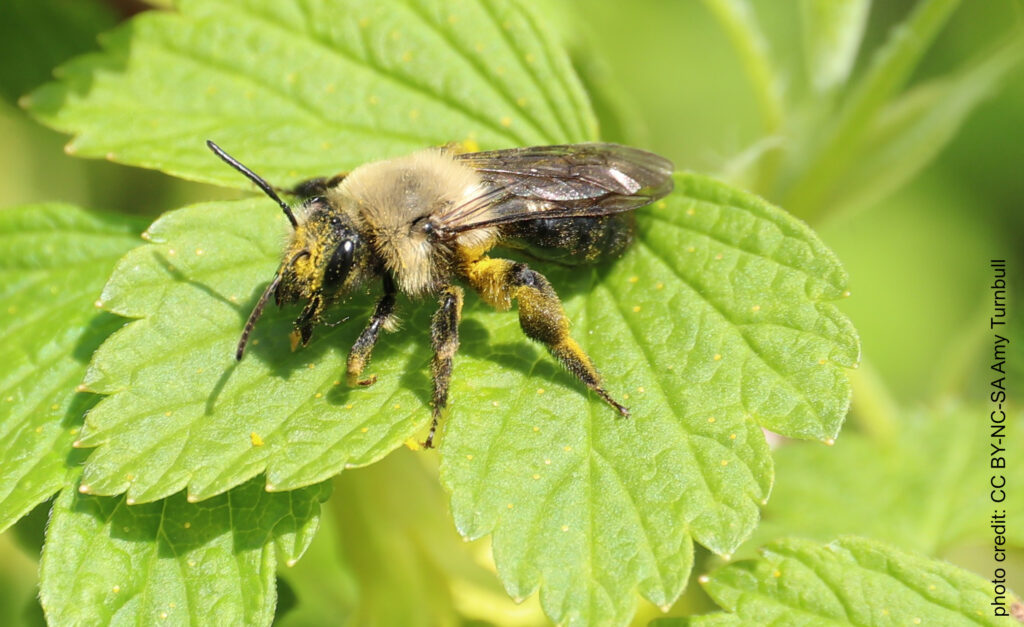
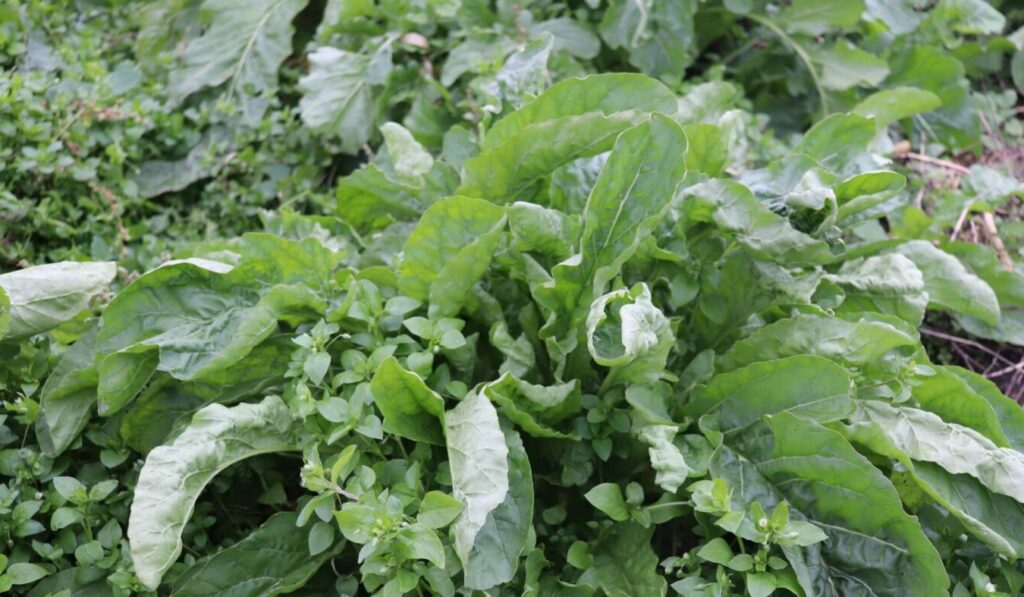
About The Author: Armstrong
As an author and editor, Linda directs her lifelong love of nature and plants to concerns about our environment and how we can do better. In addition to decades of gardening experience, and training as a master gardener, Linda focuses on learning from leading science-based educators and writers, and in the process finds that she uncovers many gardening myths.
More posts by Armstrong